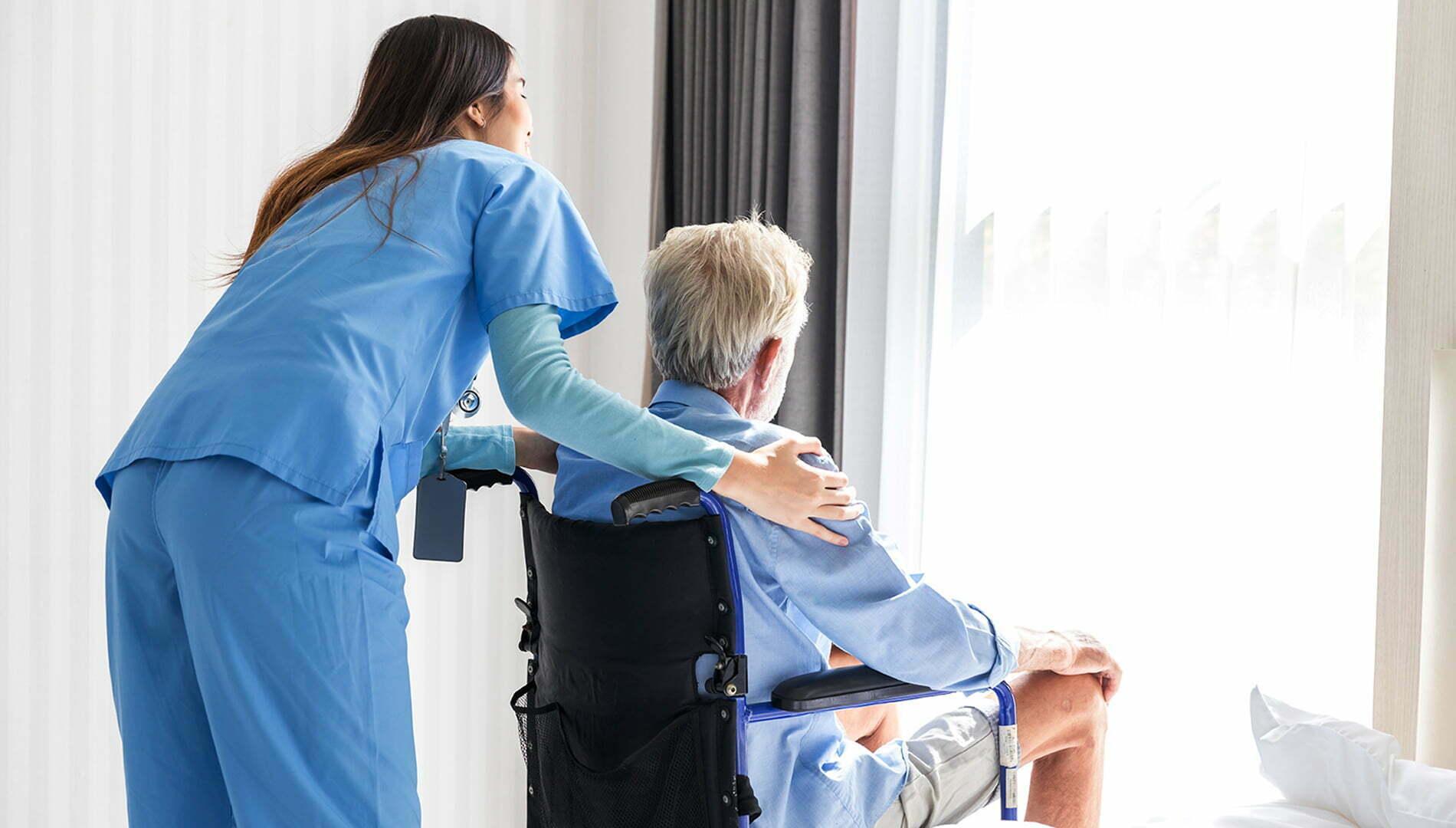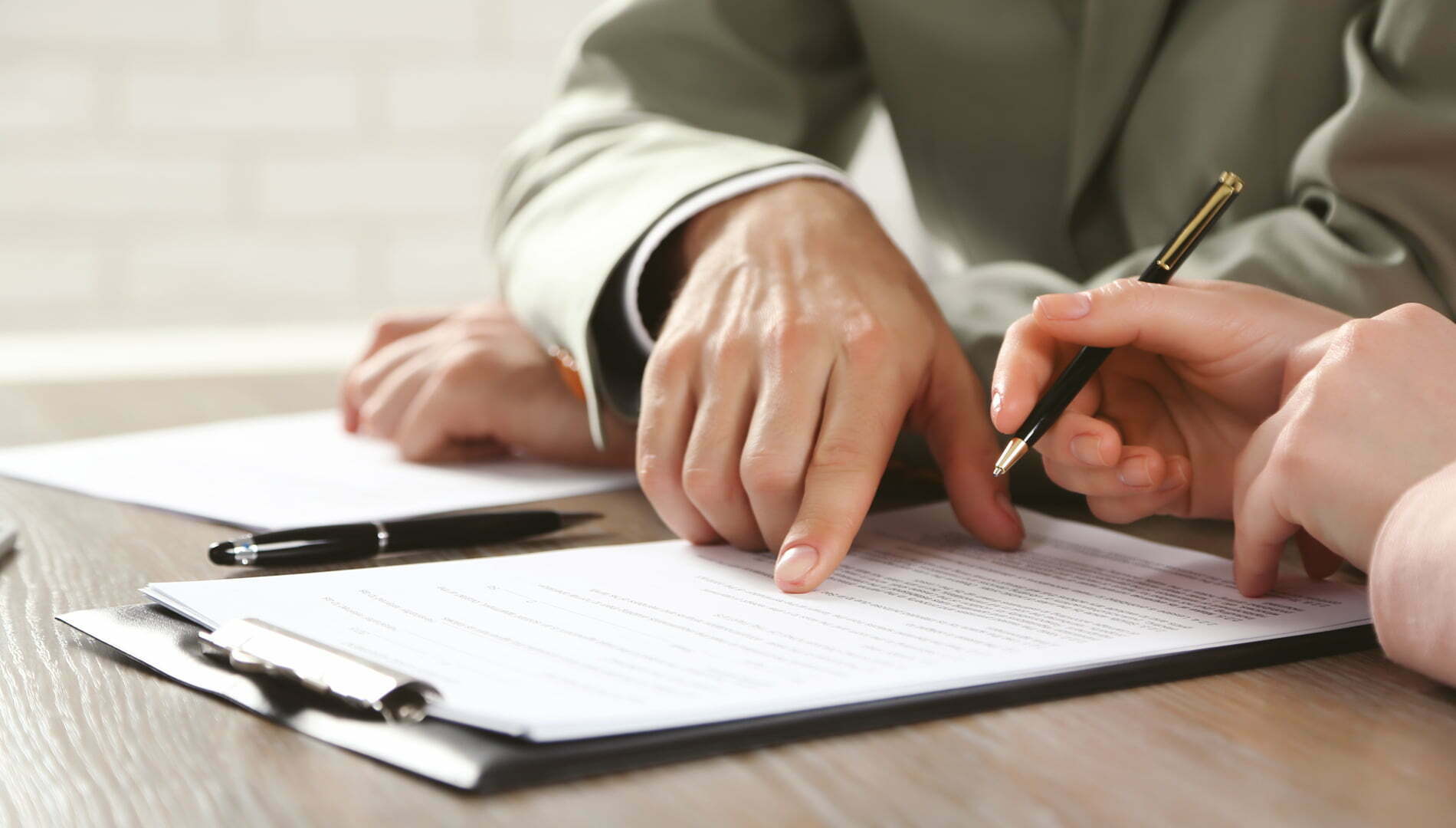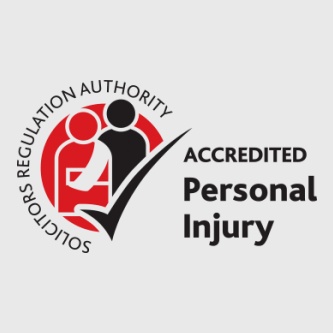Published: 15th February 2022
In recent years, we have seen various driver-assistance technologies introduced to cars to assist with tasks such as parking, emergency braking and adaptive cruise control, to name a few.
However, with recent technological advancements, we are now one step closer to seeing self-driving cars on our roads.
According to Matthew Avery, Chief Research Strategy Officer at Thatcham Research, we are likely to see the first iterations of self-driving features on cars in the UK in the next 12 months.
The autonomous vehicle market is currently worth 31 billion USD worldwide, and is projected to grow to 38 billion USD in 2023, 10x larger than it was in 2019, showing the rapid growth in the market.
However, it should be noted that the features that may soon be available, will not yet be fully self-driving, meaning the systems will only be available in certain scenarios.
As a firm of specialist serious personal injury lawyers, we are very much aware of the importance of road safety and the devastation that can be caused by motor vehicle on the roads, particularly to vulnerable road users, such as pedestrians and cyclists. We therefore consider that any moves towards driverless vehicles must only be done when it is absolutely certain that the introduction of this technology will not impact on road user safety.
What is the difference between driver-assistance systems and automated systems?
The self-driving feature due to be introduced will be an ‘automated lane keeping system’ which is permitted to drive up to 37mph without human interaction. Despite this, the driver will be required to keep their attention on the road, as they may need to take back control of the at any point.
As per current laws, even when the automated system is in operation, drivers will not be permitted to use their mobile phones.
In terms of the key differences between the two systems, humans are responsible for monitoring the driving environment when using driver-assistance systems, whereas in self-driving cars, the automated system will monitor the driving environment. There will be no input required from the driver unless the system requests control to be handed over to the driver.
In a self-driving car, drivers will be redefined as a ‘user-in-charge’ with different responsibilities than we are traditionally used to. Once the system is activated, the user-in-charge will not be responsible for the ‘dynamic driving task’ which is defined as when the system is in control of the vehicle.
However, as previously mentioned, the user-in-charge must be on hand to take back control of the vehicle if required.
We believe it is extremely important for the differences between driver-assistance systems and automated systems to be clearly communicated, so that everyone can understand their role and accountability when using the systems.
The current legal and regulatory considerations for self-driving cars
Fault and liability are important legal considerations, should anything go wrong in a self-driving vehicle. Addressing this concern, The Law Commissions for England, Wales and Scotland recently released a report recommending that human drivers should not be held legally accountable for road safety in the era of autonomous cars.
Therefore, when the self-driving feature is activated, the user-in-charge will rely on the technology to be trustworthy and reliable to ensure their safety on the roads.
Further to this, in terms of regulations, manufacturers will be required to disclose how their systems work, and the features should be marketed clearly to prevent any confusion.
To prevent any confusion, it is important that the capabilities of the technology are clearly communicated, and drivers should remain alert and be ready to take over control when required. Through educating drivers on the features and responsibilities, this will hopefully minimise the risk of accidents.
The government is considering the recommendations made by The Law Commissions at present and will decide the recommendations will be incorporated into legislation. A full report containing the recommendations can be found here.
If you or any of your family legal assistance from a Top Tier Legal 500 rated law firm, please do not hesitate to contact us. We can also be contacted on 0330 058 0377 for a free, confidential, conversation with a qualified serious injury solicitor. Alternatively, please send us your contact details to enquiry@seriouslaw.co.uk, and we’ll call you back. All enquiries are free and confidential.











